Delhi Court closes the 2010 CWG corruption case. ED finds no evidence against Suresh Kalmadi, Lalit Bhanot, and others. Read the full story here.

New Delhi, April 28, 2025 — In a significant development, a Delhi court has officially closed the long-standing 2010 Commonwealth Games (CWG) corruption case, bringing an end to a 13-year legal battle. The Enforcement Directorate’s (ED) closure report, which found no evidence of money laundering, was accepted by Special Judge Sanjeev Aggarwal at the Rouse Avenue Court.
ED’s Closure Report Ends 13 Years of Scrutiny
The case had captured nationwide attention, with allegations levelled against top officials, including Suresh Kalmadi, former Chairman of the CWG Organising Committee, and Lalit Bhanot, former Secretary General. The ED’s investigation was triggered after the Central Bureau of Investigation (CBI) began probing alleged irregularities in the awarding of high-value contracts during the Games.
The ED report also named other senior figures such as Vijay Kumar Gautam (then COO of the CWG Organising Committee), AK Matto (Treasurer), and international firm Event Knowledge Services (EKS), along with its CEO Craig Gordon McLatchey.
However, after an exhaustive investigation, the ED concluded that there was no proof of “proceeds of crime” under Section 3 of the Prevention of Money Laundering Act (PMLA). Moreover, no offence under Section 2(1)(y) of the PMLA, which deals with scheduled offences, could be established.
Court Observes: No Evidence of Money Laundering
Special Judge Sanjeev Aggarwal noted that the CBI had earlier closed the related corruption case, citing lack of evidence, which formed the basis for the ED’s money laundering probe. Accepting the ED’s findings, the judge stated:
“There is no material on record to establish the commission of any scheduled offence, or the existence of any proceeds of crime, which is a sine qua non for offences under the PMLA.”
The court emphasized that despite extensive investigations over several years, no evidence was found to justify further proceedings.
Key Allegations Related to CWG Contracts
The original controversy centered around two major contracts awarded during the Commonwealth Games:
- Games Workforce Service
- Games Planning, Project, and Risk Management Services
These contracts were allegedly awarded unfairly to a consortium involving EKS and consulting giant Ernst & Young, causing an estimated loss of ₹30 crore to the Organising Committee. However, after thorough scrutiny, both the CBI and ED failed to substantiate these claims.
Political Impact and Closure
The 2010 CWG scam had stirred massive political outrage across India, leading to multiple high-profile resignations and legal actions. It was often cited as an example of systemic corruption in Indian sports administration.
In 2016, a special CBI court had already accepted a closure report in a related corruption case involving officials from the Central Public Works Department (CPWD), Delhi Development Authority (DDA), and a private company.
Now, with the ED’s closure report also accepted, the 13-year saga has formally come to an end, clearing the names of those accused.
Conclusion
The closure of the 2010 CWG case by both the CBI and ED underscores the importance of evidence-based investigations. While the allegations once triggered national outrage, the final judicial word marks an end to one of India’s most talked-about corruption cases — with no charges proven against Suresh Kalmadi and others.

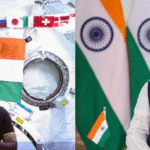
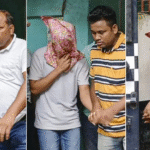
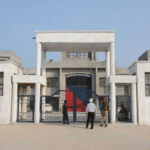
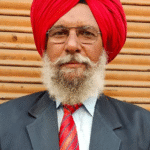
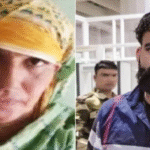


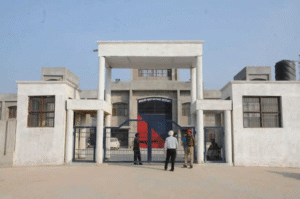
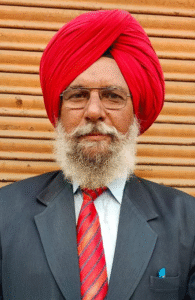
More Stories
India Appears Grander from Space, Says Astronaut Shubhanshu Shukla in Video Call with PM Modi
Calcutta Law College Gang Rape Case: Police Arrest Security Guard, Fourth Accused in Shocking Campus Crime
Hyderabad Couple Arrested for Live Streaming Sexual Acts on Mobile App to Earn Easy Money